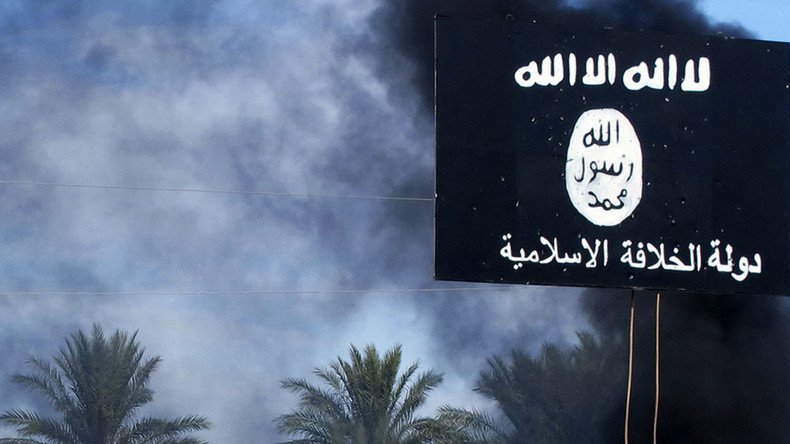ISIS 'finance chief' Abu Saleh killed in coalition airstrike – US

The US has confirmed the Islamic State 'finance chief' Abu Saleh has been killed in an airstrike by the US-led coalition.
Brett McGurk, Special Presidential Envoy for the Global Coalition to Counter ISIL, stated that Abu Saleh was killed along with two associates “as part of [a] coalition campaign to destroy ISIL's financial infrastructure.”
Confirmed: Death of #ISIL finance minister Abu Saleh & 2 associates as part of coalition campaign to destroy ISIL's financial infrastructure
— Brett McGurk (@brett_mcgurk) December 10, 2015Along with Saleh, coalition airstrikes also killed Aby Maryam, the “ISIL enforcer and senior leader of their extortion network,” and Abu Rahman al-Tunisi, who was coordinating transfer of information, people and weapons, Warren said.
All three were killed in late November in the vicinity of Tal Afar, Iraq without the opportunity to capture them, Warren added.
In mid-November, the US began targeting at least 116 trucks used by IS to smuggle crude oil in Syria as part of a campaign to disrupt the ability of the jihadist group to generate revenue to supports its operation. The terrorist organization is reported to take in as much as $40 million a month by producing and exporting oil.
READ MORE: Sifting for facts: 6 things we learned from Secretary Carter’s Senate testimony
Since then, more than 40 percent of the revenue IS receives from oil has been affected by the US-led strikes, General Joe Dunford, chair of the Joint Chiefs of Staff, told the House Armed Services Committee at the beginning of December.
The United States had previously refrained from striking the fleet of trucks, believed to number over 1,000, out of concern over civilian casualties. To prevent that, F-15 jets dropped leaflets prior to the attack, warning drivers to abandon their vehicles. The leaflets were followed by strafing runs an hour prior to the strikes to emphasize the message. After the strikes, US officials said that there were no immediate reports of civilian casualties.












